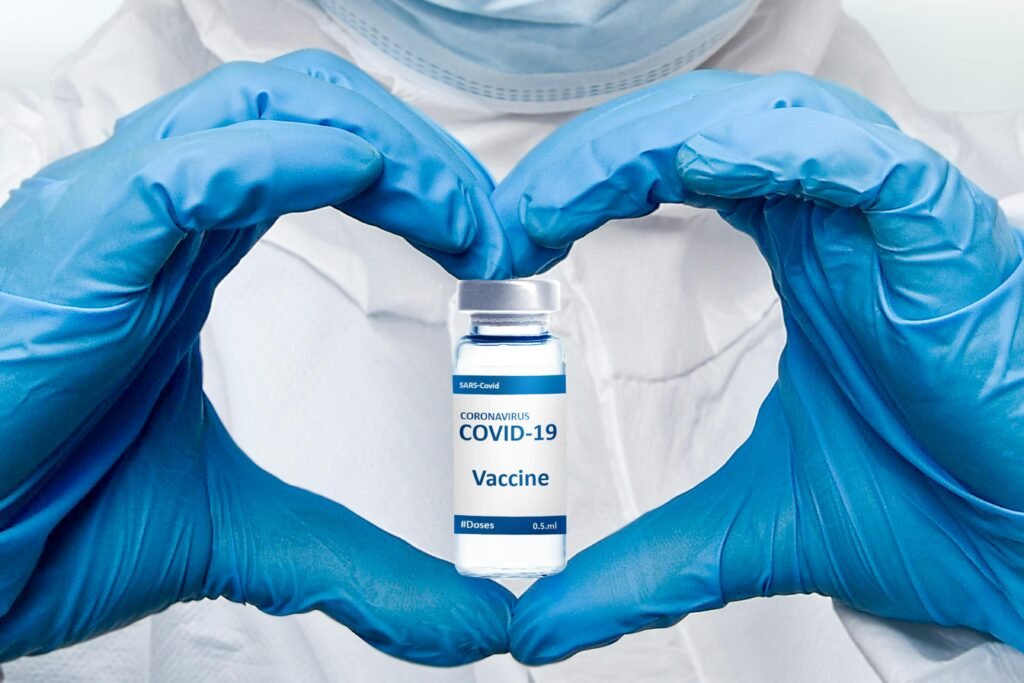Vaccinations: What You Need to Know in 2025
Vaccination has been one of the most effective tools in preventing illness, and its role in public health continues to evolve as we approach 2025. From new vaccines to updated guidelines and cutting-edge technologies, the landscape of immunization is constantly changing. In this blog, we’ll break down everything you need to know about vaccinations in 2025 and why staying informed is crucial for your health and wellness.
Why Vaccinations Matter in 2025
Vaccines have been saving lives for decades, and their importance hasn’t waned. In fact, as global health challenges evolve, the need for effective vaccines has become even more critical. In 2025, vaccinations not only help prevent infectious diseases but also play a key role in preventing potential epidemics.
In the coming years, the vaccine landscape will become even more diverse. With advancements in science, vaccines are being tailored to address both traditional diseases and emerging health threats. For instance, new vaccines are being developed to combat diseases like COVID-19, the flu, and even some cancers. These innovations promise greater protection and better outcomes for the global population.
New Trends in Vaccinations for 2025
- Personalized Vaccines
As science advances, personalized medicine is making its way into the world of immunization. By understanding your genetic makeup and individual health conditions, vaccines could be tailored specifically to offer maximum protection. This could significantly reduce side effects and increase effectiveness. - mRNA Technology
The success of mRNA vaccines in combating the COVID-19 pandemic has opened the door to new possibilities. Researchers are now exploring the potential of mRNA technology to fight other diseases, including cancer, HIV, and more. In 2025, you may see more mRNA-based vaccines approved for widespread use. - Universal Flu Vaccines
The flu vaccine has been around for many years, but scientists have struggled to develop a vaccine that can offer protection against all strains of the influenza virus. In 2025, we might be closer to a universal flu vaccine, which would offer broader protection and reduce the number of flu-related illnesses globally. - Boosters for Long-Term Immunity
While some vaccines require a single dose, others need booster shots to maintain immunity over time. In 2025, the need for periodic booster shots will likely increase, especially for vaccines like COVID-19, flu, and others that have evolving strains. Staying up-to-date on these boosters will be crucial to keeping your immunity strong.
Vaccination Guidelines in 2025
With the advancements in vaccination, it’s important to stay on top of the latest guidelines and recommendations. Here are a few general trends you can expect to see:
- Children and Adolescents: Vaccination schedules for children will remain robust, with new vaccines being introduced to prevent emerging threats. Parents should consult pediatricians for updated vaccine schedules.
- Adults: Many adults may need to get booster shots for various vaccines, including COVID-19 and flu. Immunization for diseases like shingles, pneumonia, and cervical cancer will also be recommended for older adults.
- Pregnancy and Vaccines: Pregnant women may be encouraged to get certain vaccinations to protect both themselves and their baby. Vaccines like the flu and Tdap are crucial during pregnancy.
- Global Travel: For those traveling abroad, vaccinations will be essential to avoid diseases that are prevalent in certain regions. Always check the vaccination requirements for your destination before you travel.
Vaccine Safety and Myths
One of the most important aspects of vaccinations is safety. The vaccines approved for use are extensively tested and continuously monitored for safety. While there are occasional myths and misconceptions about vaccines, it’s important to rely on credible sources like healthcare professionals and public health organizations for accurate information.
Vaccines, like any medical intervention, can have side effects, but these are typically mild and temporary. Serious side effects are rare and are closely monitored by health authorities. By keeping up with regular vaccinations, you are not only protecting yourself but also those around you, particularly those who cannot get vaccinated due to medical reasons.
How Vaccines Contribute to Wellness
Vaccinations contribute directly to your health and wellness by preventing illnesses, reducing the severity of diseases, and helping maintain herd immunity. Herd immunity is a form of indirect protection that occurs when a large portion of the population becomes immune to a disease, making it harder for the disease to spread.
By staying vaccinated, you reduce your chances of catching infectious diseases and contribute to the overall health of the community. Additionally, vaccines help avoid complications that may arise from illnesses, leading to fewer hospitalizations and a healthier society overall.
Conclusion: Stay Informed and Stay Protected
Vaccines are a cornerstone of modern medicine and an essential tool for safeguarding public health. As we move toward 2025, it’s crucial to stay informed about new vaccine developments and follow recommended vaccination schedules. Whether you’re a parent, a senior, or a health-conscious individual, keeping your vaccinations up-to-date is one of the best ways to ensure long-term health and wellness.
By understanding the importance of vaccinations and staying current with the latest trends and guidelines, you’ll be better equipped to make informed decisions about your health.
Disclaimer: This blog is intended for informational and educational purposes only. The views expressed are personal opinions or general insights, not professional or legal advice. Readers should do their own research or consult relevant professionals before taking action based on this content.
#Vaccinations2025 #HealthAndWellness #VaccineTrends #Immunizations2025 #VaccineSafety #PublicHealth #Anslation #carrerbook #Vaccines #HealthAwareness #WellnessJourney



